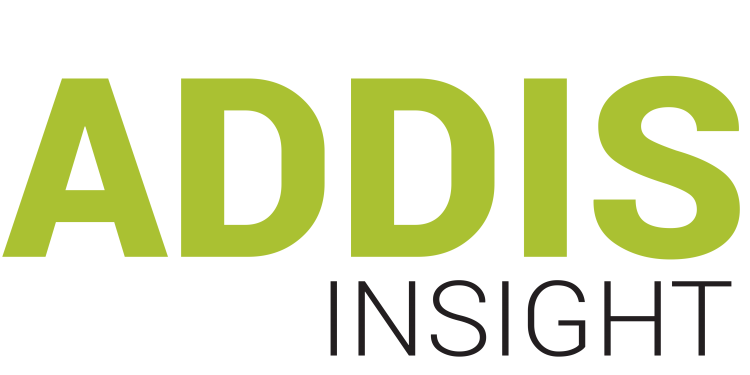It has almost been three years since the adoption of the new Investment Proclamation No.1180/2020 (Investment Proclamation) and Investment Regulation No. 447/2020 (the Investment Regulation) (together‘ the New Investment Regime’). The New Investment Regime has introduced a new policy shift from ‘positive listing’ to ‘negative listing’ regarding FDI. With a negative listing policy shift, foreign investors are permitted to engage in any of the investment areas except sectors exclusively listed for domestic investors and joint investment with the government and/or domestic investors. This policy shift has opened a broad door for foreign investors to come up with innovative businesses and legally invest in Ethiopia. Still after this new FDI policy shift, however, the Ethiopian Investment Commission (EIC), the Ministry of Trade and Regional Integration, and other specialized licensing authorities (such as the Ethiopian Petroleum and Energy Authority, Ethiopian Communications Authority, etc.) issue licenses according to the Ethiopian Standard Industrial Classification Directive No.17/2019 ( the Licensing Directive). With the adoption of the negative listing FDI policy, one would wonder how this Licensing Directive is practically responsive.
The Licensing Directive classifies the specific licensing categories within which business activities will be issued a license. The specific sector the investor intends to engage has to be indicated when issuing the investment permit and a business license pursuant to the ESIC. Following the adoption of a relatively wider investment framework for FDI, foreign investors are entering the Ethiopian market with innovative businesses for whatever is not expressly reserved to domestic investors and joint investment with the government and/or investors.
The practical problems come, however, with the EIC and other regulatory organs, when issuing an investment permit and business licenses under the ESIC. Given ESIC is issued in the spirit of the old investment regime (Investment Proclamation No.769/2012 and Investment Regulation No.270/2012) when most sectors were reserved for domestic investors and actually don’t have all the business activities incorporated (from what I have seen in practice) has created difficulty in licensing businesses, particularly the foreign ones.
It has always been a difficult exercise for the licensing authorities to categorize certain businesses (according to ESIC) emerging from abroad and they instead try to find the closest area within which the requested business activity would fall and issue licenses accordingly. With this trend, sometimes, an unrelated license happens to be issued for businesses simply because the requested activity is missing/not incorporated under the ESIC. This practically creates confusion between what the investor is granted a license and what it actually is doing on the ground. In other words, the very principle of investment licensing that ‘an investor is not allowed to engage in activities it actually is not licensed’ would highly be at stake.
In fact, one may not expect ESIC to pre-capture all business activities in this very dynamic business world unless continuous updates have been done from time to time. With the present standing, the categorization of business licensing according to ESIC has become a difficult task, particularly with the recent relative liberalization of the market to FDI.
It does not mean, however, that this problem wasn’t in place in the past but following the adoption of an open FDI approach, new foreign businesses are emerging and expected to emerge in the days ahead which calls for the revision of the ESIC and an up-to-date business licensing regime.




